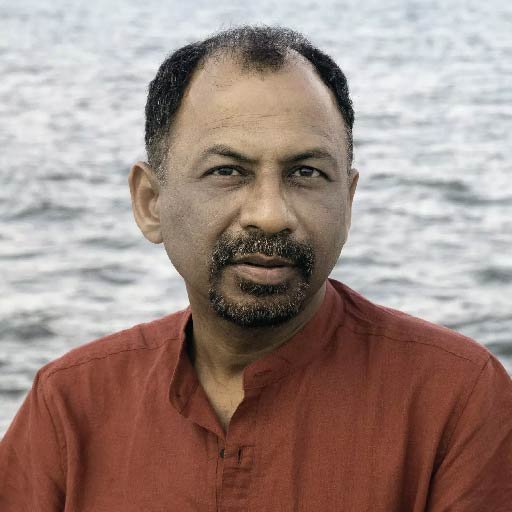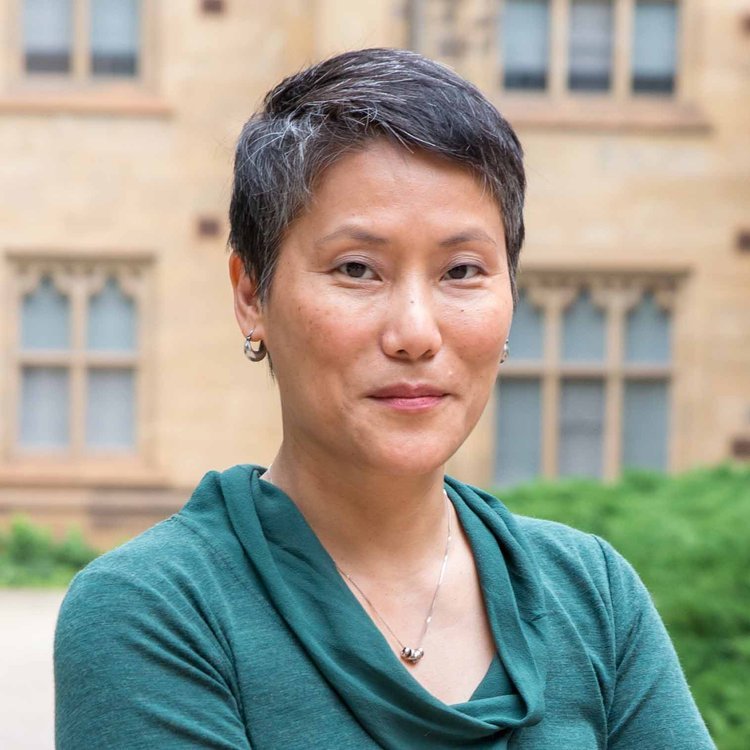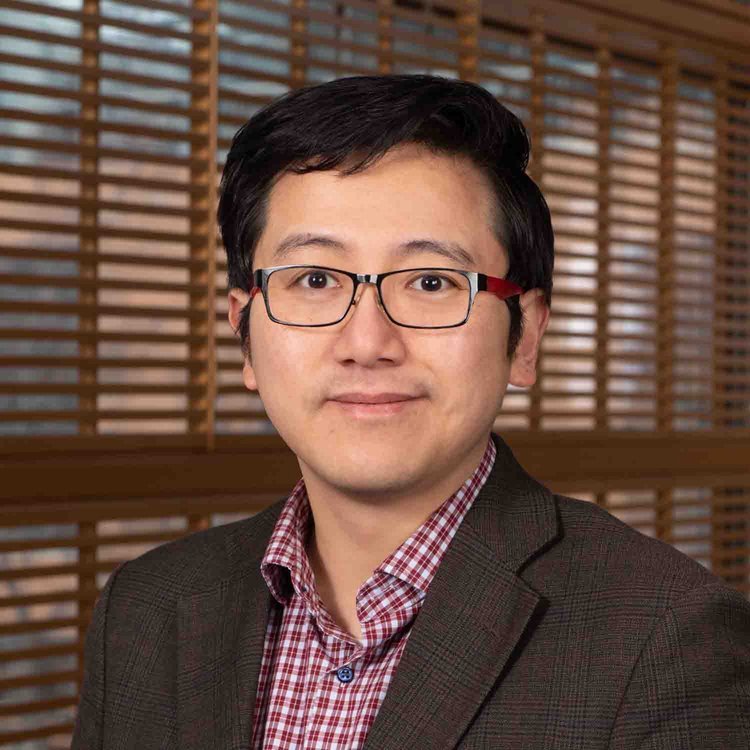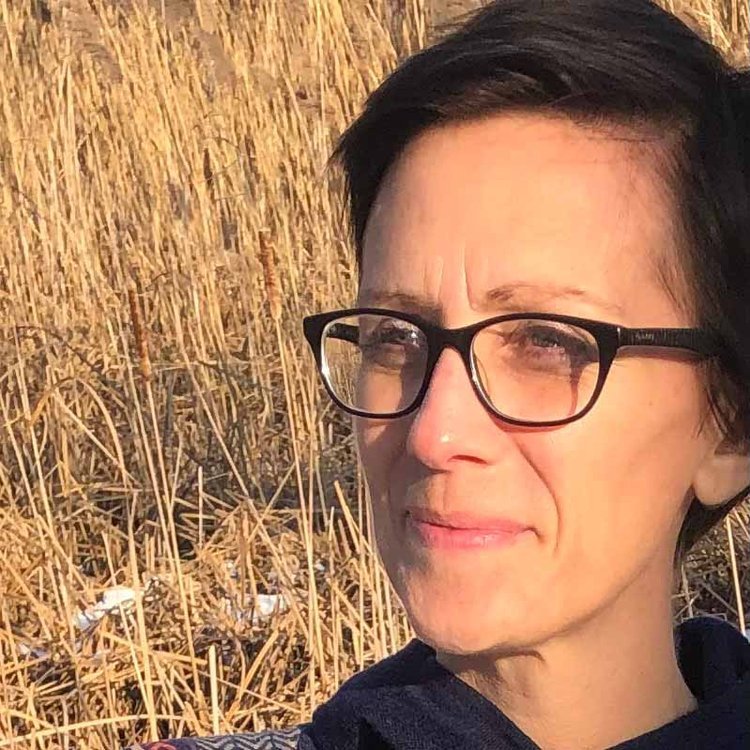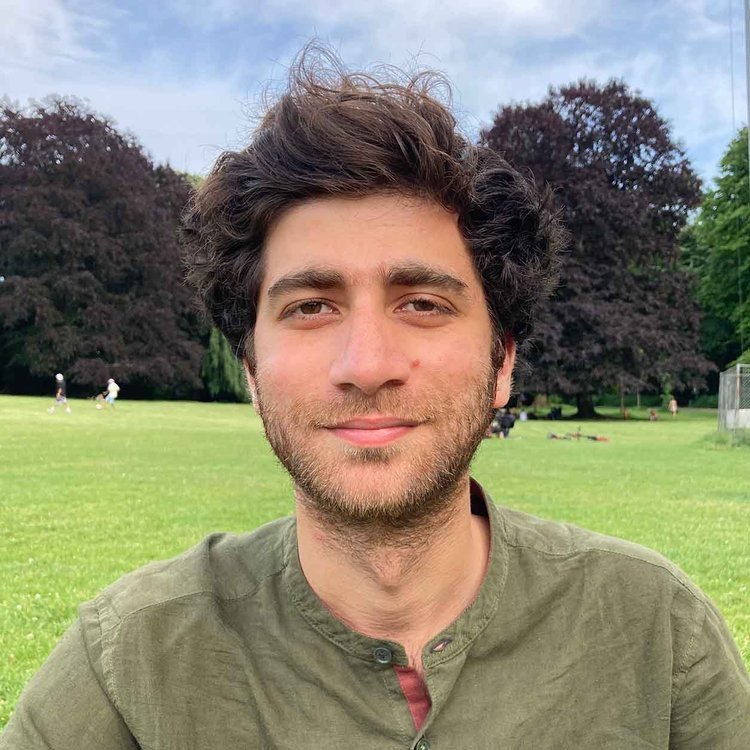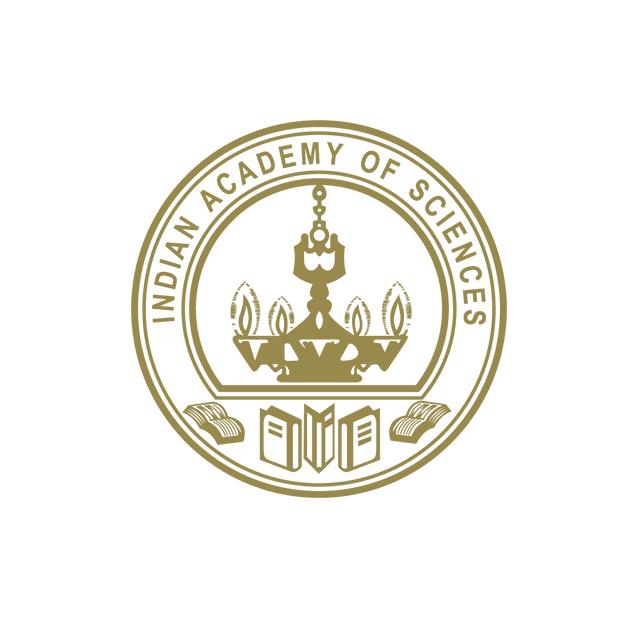CURATORIAL NOTE
Carbon—life forming since the beginning, as we know it, of both life and non-life on this planet, is today under pressure.
Who is Carbon?
We do not yet know another form of life other than carbonaceous life. Foundational elements of life—DNA, RNA, proteins, carbohydrates and lipid membranes—are all structured around a carbon backbone.
At the same time, diamonds, graphite, coal, and black carbon, among others, are all allotropic forms of carbon! Given its unique disposition to form bonds and compounds, carbon is ubiquitous in nature and has generated a chemistry of its own.
Carbon, as a surface, works magic as fullerenes, graphene, nanobuds, nanotori, nanocones, and nanohorns, enabling the creation of new screens, batteries, ultra-fast computers, ultra-thin sensors, cables of braided nanotubes. A brand new carbon future awaits us.
Carbon is a measure on its own! Carbon-14 in organic materials serves as the basis for radiocarbon dating, and Carbon-12 was the standard Dmitri Mendeleev used to determine the atomic weights—and now mass—of all other elements. Carbon dioxide is today the standard to understand and regulate the flow of exchanges between ecology and economy.
Carbon holds the consolidated capacity and authority of the state. We have conjured development projects out of nature driven by coal and oil-fired productivity. Climatic effects of fossil fuel consumption have become alarmingly apparent. We are creating a chasm between geo-biological time as shaped by the material memories of the planet and historical time—that which we shape by human action.
In the process, carbon is today demonised as polluting and destructive of life. Yet, we have created a carbon market of pardon that dissociates extraction and consumption from direct consequences.
Carbon is an archive of buried sunshine, carrying memories of life on earth. It jumbles the divide between substance and phenomena; caught between finitude of nature’s resources and the near infinite wonderous potential it holds. It is urgent that we better understand both carbon energy history and the futures it enables.
CURATORIAL ADVISOR
ACADEMIC ADVISORS
YOUTH MENTORS
About the Curator
Ravi Agarwal has an inter-disciplinary practice as an artist, photographer, environmental campaigner, writer and curator. His work explores key contemporary questions of ecology, society, urban space and capital. His prime medium has been photography for over four decades, which has expanded over time to include video, public art, installations, and printmaking.
His key projects have long engagements for several years, and are often accompanied by published diaries and writings. His work has been shown widely including at the Yinchuan Biennial (2018), Kochi Biennial (2016), the Sharjah Biennial (2013), Documenta XI (2002) amongst others. He co-curated the Yamuna-Elbe project, Indo German twin city public art and ecology project (2011), and Embrace our Rivers an Indo- European project in Chennai (2018), and has been appointed photography curator for the Serendipity Arts Festival (Goa, India, 2018). His work is in several private and public collections, and he has served on several art juries and committees.
Agarwal is also the founder director of the environmental NGO Toxics Link and has pioneered work in waste and chemicals in India.
Bernadette Bensaude-Vincent
Historian of Science
Bernadette Bensaude-Vincent is a French philosopher, historian and historian of science and a professor emeritus at University of Paris 1 Pantheon-Sorbonne. Bensaude-Vincent has published more than a dozen books and 80 articles and essays. She focuses particularly on the histories of chemistry and materials science. In 1993 she published Histoire de la chimie with Isabelle Stengers, for which they received the Prix Jean-Rostand. It was translated as A History of Chemistry in 1996. In 1997, she received the Dexter Award for her work on the history of science.
Dolly Kikon
Anthropologist
Dolly Kikon is a Naga anthropologist. Her work focuses on the political economy of extractive resources, militarisation, migration, development initiatives, gender relations, food cultures, and human rights in India. Currently, Kikon is heading a multi-country research project funded by the Swedish Research Council Grant (2021–2023) titled "Practicing Food Sovereignty: Indigenous Peoples and Agroecological Relationships in the Eastern Himalayas".
Her current writing projects include an ongoing book manuscript on fermenting cultures, and a report on the impact of the 2020 Baghjan oil spill in Assam. Her documentary film, Seasons of Life: Foraging and Fermenting Bambooshoot during Ceasefire, was screened at the Druk International Film Festival, Bhutan (2020), the Canberra Short Film Festival, Australia (2020), the 2021 Yucatan Congress, Mexico organised by the International Union of Anthropological and Ethnological Sciences, and the South Asia Film Festival (2022).
Victor Seow
Historian of Science
Victor Seow is a historian of technology, science, and industry. He specializes in China and Japan in the twentieth century and in histories of energy and work. At the core, his research revolves around questions of how technoscientific developments intersect with economic life and environmental change in the making and unmaking of industrial society.
Seow is the author of Carbon Technocracy: Energy Regimes in Modern East Asia, a study of the deep links between energy extraction and technocratic politics through the history of what was once East Asia’s largest coal mine.
Jay Barber
Writer
Jay Barber is a 2023 Fulbright-Nehru Academic and Professional Excellence Teaching Scholar. She lives in Buffalo, New York, where she is a professor of writing and director of the Journalism Certificate program at the University at Buffalo. Jay has written essays for Brevity, and Flyway, science articles for Temblor, and community-based journalism for Buffalo Rising. Jay has taught creative and academic writing for over 15 years. Her teaching focuses on student agency and linguistic justice.
Manan Bhan
Sustainability Scientist
Manan Bhan is currently a Fellow in Residence at the Ashoka Trust for Research in Ecology and the Environment (ATREE), a global leader among environmental think-tanks. Interdisciplinarity is at the heart of his practice—he is currently involved in designing and monitoring ecosystem restoration programmes across India, while building tools and approaches that ensure that agricultural commodities in India are produced sustainably. In Bengaluru, he is leading efforts to develop hyper-local toolkits to combat heat stress. Through public-facing action research, he aims to demonstrate how sustainable land use approaches in India can lead to positive outcomes for climate action as well as human wellbeing.
THE TEAM
Curatorial Team
Ashank Chandapillai
Gayatri Manu
Jahnavi Phalkey
Madhushree Kamak
Ravi Agarwal
Vasudha Malani
Exhibition Design and Production
David Verghese
Kriti Agarwal
Pooja Das Choudhury
Shaunaq Madan
Shubhika Malara
Shweta Jangir
Media and Communications
Ahalya Acharya
Anupama KT
Sankalp Singh
Vikas Gotla
Programmes and Mentorship Initiatives
Devika P
Shelwyn James S

